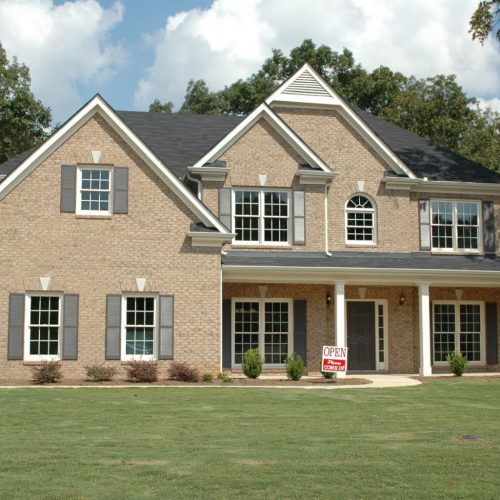Residential Real Estate Closing Process
The closing process must be navigated efficiently and properly to consummate a residential real estate closing in South Carolina. Our Greenville residential real estate attorneys guide our clients through the entire buying and selling process skillfully navigating potential pitfalls that can unravel a successful transaction. A review of some of these pitfalls reveals the importance of legal representation during the entire residential real estate transaction.
Real Estate Contract
After a buyer has identified a property for purchase, an offer will usually be made in the form of a contract. Buyers and sellers both need to understand the importance of this offer-acceptance process. Both parties are bound by the terms of the contract once the offer has been formally accepted. While many parties focus entirely on the price, the document will include a multitude of terms and conditions that should be understood and considered.
Contract Changes
If the seller is represented by an agent after receiving an offer, or either party has an realtor after receiving a counter-offer, the agent might suggest changes to terms other than the price to protect a client’s interests. The realtor also can explain the rest of the terms because this contract will govern the entire real estate transaction. After the parties have signed the contract, they are both stuck with the terms and conditions unless they mutually agree to changes in writing. Since the other party knows that the contract is binding, he or she might require additional money to be paid to secure any modifications.
Buyer and Lender Contract
The buyer usually will have to agree to another contractual relationship with a lender. This contractual relationship based on a promissory note and security agreement might include unforeseen costs beyond the down payment and loan payments. These fees, which could include survey fees, loan fees, interest and tax escrows, insurance premiums, and closing attorney fees, can add up, so unwelcome surprising can be a problem. The lender should explain these fees and other terms. However, the advantage of having your attorney review and explain any issues and fees will be apparent if you know anyone who experienced sharp lending practices during the mortgage meltdown.
Settlement Agent and Title Search
If you are the buyer, your attorney also will handle the “title search,” which is critically important to protect the buyer’s interests. This process will be conducted to identify any title defects. At some point during the process, a survey usually will be conducted to confirm that the boundary description in the public records conforms to the property boundaries. The lender typically will require title insurance that normally will be secured by the buyer’s attorney. Title insurance confirms that the lender has a proper mortgage lien that is not impaired by any title defects.
The closing attorney will supervise the formal execution of the relevant documents at the closing. Both parties benefit from having their agent help guide them through the entire process. Potential roadblocks to a residential purchase or sale can derail the transaction at every stage of the process. For example, a party might use the other party’s failure to comply with a term or condition of the contract to get out of the transaction. Even more concerning, unrepresented parties to a residential real estate transaction might complete the sale only to encounter boundary disputes, onerous loan terms, hidden costs, undiscovered property defects, and other issues that impact a party’s desire to complete the transaction or the value of the property. In South Carolina however, a licensed attorney is required to handle and supervise many of the legal aspects involved in transferring property. If the transaction does run into trouble, our Greenville real estate closing attorneys have the experience to assist you in getting out of the deal or to push it forward.












